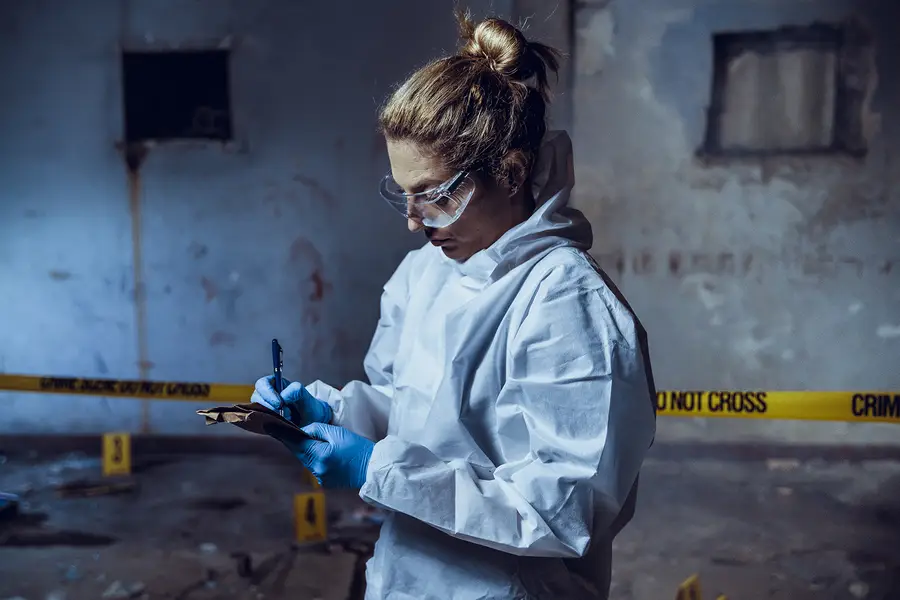
Our nation’s coroners and medical examiners have an extraordinary responsibility that many of us can only imagine: speaking for the dead. Their investigations inform crucial public health and safety systems. And while they deal in facts, they must also work with sensitivity, with many saying in a study on work related stress among medicolegal death investigators conducted by RTI that communicating with a victim’s loved ones is the most stressful activity they perform.
Yet, as news outlets have reported from all corners of the United States (including Missouri, Idaho, Nebraska, Texas, Pennsylvania, Tennessee, North Carolina, Indiana, and Mississippi) these professionals conduct their work lacking basic resources – even gloves. Chronically underfunded, understaffed, and undertrained, medical examiner and coroner offices (MECs) persist in their duties, but they fall far short of their potential to support the communities they serve.
How MEC Data Shapes Public Health Policy and Criminal Justice
MECs have driven life-saving policies for decades. For example, 1994’s “Back to Sleep” campaign reduced rates of Sudden Infant Death Syndrome (SIDS) deaths by educating people about positions of risk to infants from data identified through MEC reports. Things used by everyday Americans like car seats, infant swings, and bed railings that cause deaths are all documented and reported back to policy makers as part of MEC practice. Further, potential reductions in maternal mortality have been identified in the “Data Mapping to Save Moms’ Lives Act” (S. 198 and H.R. 1218) as a public health issue that can benefit from standardized and well documented MEC reporting efforts. Past and future efforts may be applied to any number of populations and types of deaths, be they deaths by suicide, overdose, or motor vehicle collision, or among infants, elderly, or other populations.
MECs play a substantial role in informing the criminal justice arm of public safety systems, including law enforcement investigations and court hearings. If a person is found to have died of natural causes, a law enforcement investigation will cease. Alternately, if a MEC investigation finds evidence of trauma or unnatural death, law enforcement may become involved. For deaths that occur during interactions with law enforcement, the findings of the MEC may play an incredibly important role in prosecution, as was seen related to the deaths of George Floyd and Freddie Gray, among many others.
Underfunding Limits the Effectiveness of MEC Offices Nationwide
The median annual MEC budget, as of 2018, was just $68,000, according to BJS’ Census of Medical Examiners and Coroners, a survey conducted by RTI. As numerous publications have documented, including several from NIJ’s Forensic Technology Center of Excellence (FTCoE) at RTI, this is often too little to provide for the basics, including
- Equipment such as desks, gloves, computers, and vehicles
- Infrastructure such as coolers and internet access
- Near minimum-wage salaries
- Time and funding for training
In a recent article from the Columbia Missourian, one coroner reported doing his job on a volunteer basis with no pay, despite being on call 24 hours a day, 365 days a year. This is NOT a situation unique to him or to the state of Missouri, but representative of many county systems across the U.S..
Investing in MECs Is Essential for Justice, Public Health, and Compassion
Considering this resource-poor workforce, how much additional data are not being collected and contributed to inform the greater good due to a lack of MEC resources?
How we care for our dead speaks a lot about our society. If we fail to support those responsible for investigating deaths, we undermine justice, public health, and public safety. The MEC is the last voice for the victim and often the point of closure for their loved ones. This critical workforce should not have to “make do” – they should be equipped to conduct thorough, accurate investigations.


